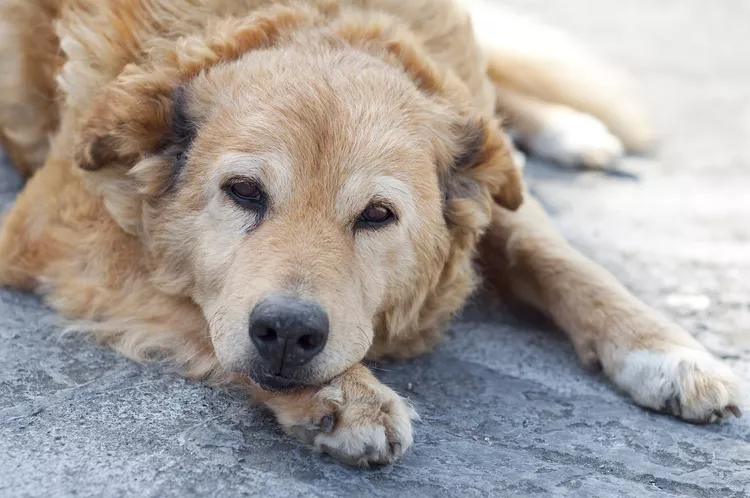
In dogs, urine leakage is unintentional and is different than voluntary urination or even just urinating when excited, nervous, or fearful. Some dog breeds are more susceptible than others to urine leakage issues. It occurs in older dogs, or it may be a sign that your dog has a problem that requires veterinary attention. Either way, it should not be ignored. It's important to recognize the signs of urine leakage and when to seek medical help if it continues.
Urine leakage is also referred to as urinary incontinence because your dog has no control over the urine that is leaking out of it. There are a few reasons why a dog may have urinary incontinence.
If you suspect your dog is leaking urine you'll want to schedule an appointment with your veterinarian. Your veterinarian may ask you to collect a clean, free-catch urine sample from your dog while you are at home otherwise they will collect a sample at the clinic. A full physical examination alongside a medical history will be obtained to determine the potential causes of your dog's urinary leakage. Sometimes, a needle is inserted into your dog's bladder during a quick procedure called a cystocentesis to obtain a sterile urine sample; otherwise, they may take your dog outside for a quick walk to catch some urine themselves if you didn't bring a sample. A urinalysis will be performed with the urine to look for signs of infection or crystals in the urine and X-rays of the bladder may also be recommended. Depending on what is found on the physical examination and with these tests, your veterinarian may be able to make a diagnosis.
Depending on the cause of the urinary leakage, treatment will vary: Antibiotics or other medications are commonly used for urinary tract infections, hormone depletion, and other diseases. Surgery and dietary changes may be needed for bladder stones. Meanwhile, acupuncture, discontinuation of medications if they are causing side effects, or other treatments for underlying diseases may also be necessary.
Some reasons for urinary leakage are not able to be prevented, but there are things you can do to lessen the chances of your dog having issues. If you have a female dog, discuss when the best time to spay your specific dog may be with your veterinarian. Some research shows that spaying earlier in life may increase the chances of a dog developing urinary incontinence so your veterinarian may recommend waiting. Additionally, you can also help prevent urinary leakage by keeping your dog's urinary opening clean. This can be done by wiping your dog's genitals after it urinates and making sure where your dog is lying down is clean.
Certain breeds of dogs are more likely to develop urinary leakage than others. These include German shepherds, rottweilers, English springer spaniels, Doberman pinschers, Weimaraners, old English sheepdogs, dalmatians, bearded collies, boxers, and collies.
Additionally, dogs who have given birth, are obese, have urinary tract infections, bladder stones, or back trauma, or have had surgery that harmed the nerves and muscles of their bladder may develop urinary leakage.

Cute Pictures & Facts About Calico Cats & Kittens
Learn fascinating facts about calico cats, including photos, the genetics behind this color combination, and common folklore and traditions.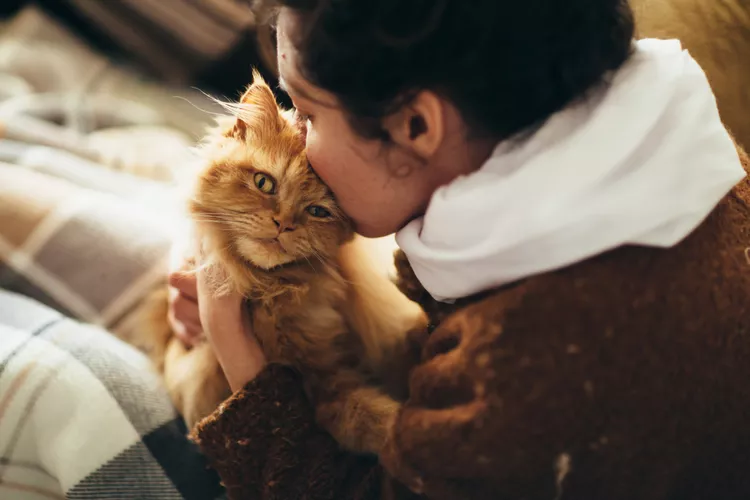
How to Prevent Cat Separation Anxiety During Vacations
Discover why cats develop litter box problems and cat behavior problems when you go on vacation and what you can do about it to help them.
Cat Behavior Changes That Might Mean Something's Wrong
Cats' behavioral changes may indicate problems—or they may mean nothing at all. Explore causes of odd behavior and what to do about them.
Lhasa Apso: Dog Breed Characteristics & Care
The Lhasa apso is an ancient breed from Tibet that was bred to be a watchdog. Learn about its history, health, exercise needs, and more.
Reasons Why Dogs Run Away and How to Stop It
Dogs can escape, especially if they’re bored and not properly contained. Here are some techniques for stopping your dog from running away.
Can Dogs Get Depression? How to Help Your Sad Dog
Can dogs get depression? Learn about the signs of depression in dogs and find out how to help your sad dog.
How to Stop Aggression in Dogs
Dog aggression can be a serious behavior issue for pet owners. Learn how to stop aggression in dogs before someone gets hurt.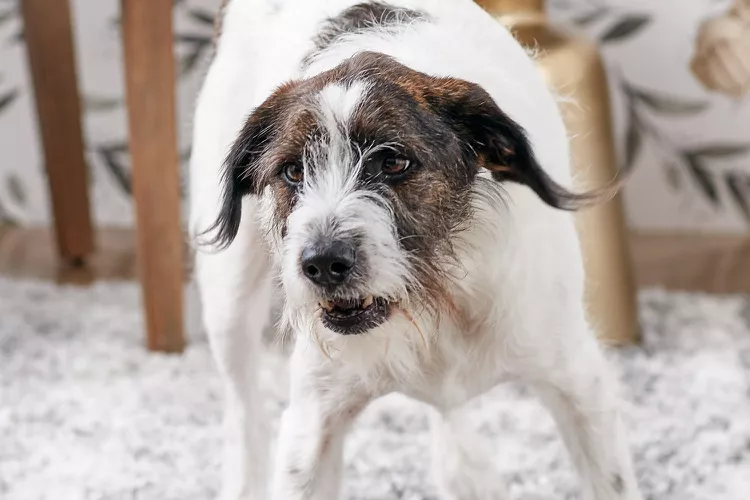
How to Stop Your Dog From Growling
A growling dog can soon become even more aggressive. Reduce the noise and potential for a dangerous situation with some of these techniques.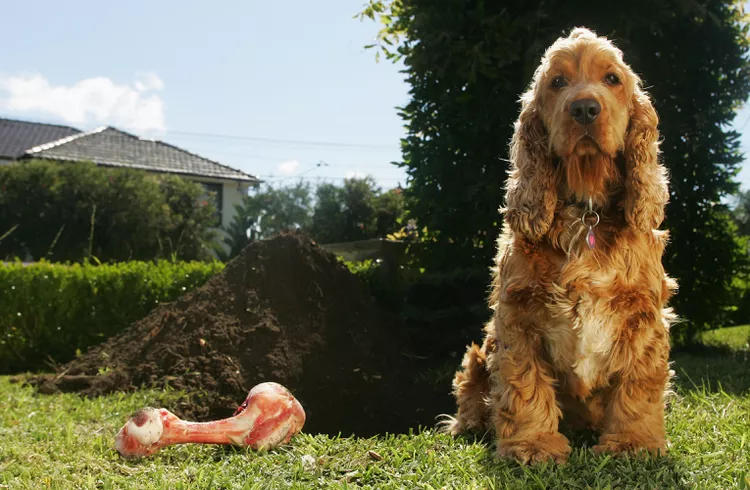
Why Do Dogs Dig Holes? How to Stop Your Dog from Relandscaping Your Yard
Dogs have been digging holes for centuries and for many reasons. Whether they’re bored or want to cool off in the dirt, here are the top reasons why dogs dig holes.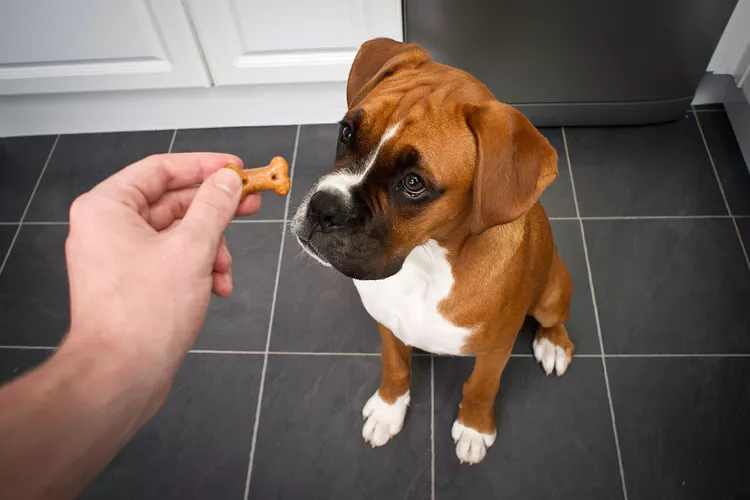
Dog Treat Varieties
Learn about the different types of dog treats on the market and decide which are best for your dog.
Can Dogs Eat Asparagus?
Dogs can eat asparagus, provided the vegetable is cooked plain and cut up for them. Seasonings, salt, and butter make it unhealthy for dogs.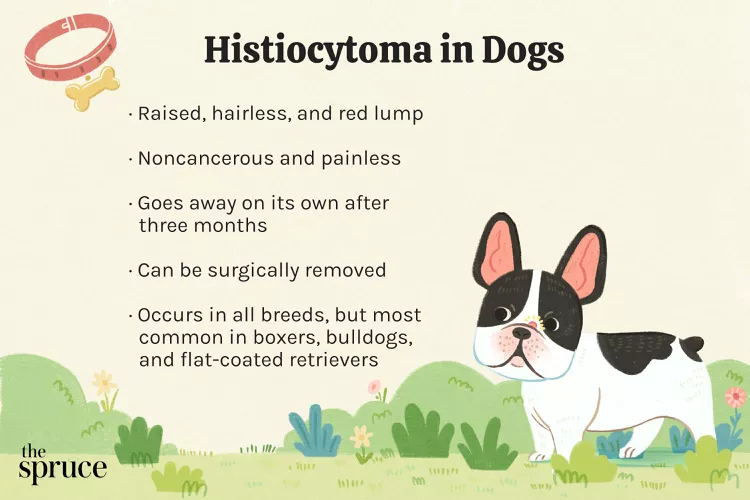
Histiocytomas in Dogs
A histiocytoma is a type of benign (non-cancerous) skin lump that usually affects young dogs. Learn the causes, treatment, and prevention.
Why Is My Dog’s Eye Swollen?
If your dog's eye is swollen, she may need veterinary attention. The inflammation could be caused by allergies, an injury, or even a tumor.
Common Bugs and Parasites Found on and Inside Dogs
Learn about common types of parasites in dogs. Find out how to treat and prevent parasites to keep your dog, your family, and yourself safe.
Exploring the Different Types of Pet-Friendly Beaches
Are you looking for pet-friendly beaches? Learn about the different types of pet-friendly beaches, their locations, and tips for visiting them with your pet.
10 Obscure, Little-known Canine Facts in Honor of National Dog Day
With National Dog Day upon us, it's time to celebrate everything about our favorite pets—even the weirder stuff. Here are 10 obscure facts about dogs you probably didn't know.
Kitten Development From 3 to 6 Months Old
Kittens grow and change a lot during their first year. Find out what happens between the ages of three months and six months old.
95 Siamese Cat Names
Our list of Siamese cat names has diverse and fun options to help you choose the ideal moniker for your elegant and lovable feline companion.
What to Buy for Your New Cat: A List of Essentials
Before you bring your new cat or kitten home, there are a number of things to collect or buy so your cat will feel welcomed like a family member.
The 6 Best Cat Nail Clippers of 2024 for a Safe Trim
Clipping your cat's nails can save your furniture and keep your kitty comfortable. We asked veterinarians for their cat nail clipper recommendations.